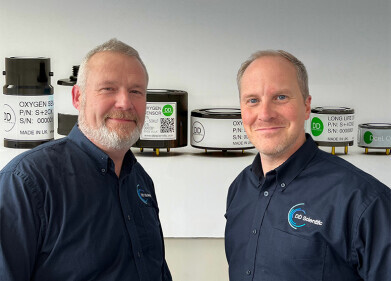Business News
How Effective Are the UK's Low-Carbon Policies?
Jan 10 2021
The UK government has made some progress on environmental protection with its recently published White Paper – but there remain significant gaps from both a policy and a financial backing point of view. That’s the conclusion reached by the thinktank Green Alliance, who last month analysed the UK’s low-carbon policies to assess how effective they are in bringing down emissions.
The standards and methods for environmental monitoring in the UK mean that the government’s pledges perhaps face a higher level of scrutiny than ever before. So far, they have been found wanting from an environmental perspective, but the Green Alliance report did find some cause for optimism. Here’s a rundown of their findings on five different aspects of UK policy:
Buildings
The Green Homes Grant was introduced in 2020 to encourage homeowners to improve insulation and install sustainable sources of heating, such as heat pumps. However, the £1 billion that has been earmarked for the fund is deemed to be woefully inadequate for the task at hand, while 70% of the nation’s homes do not comply with the government’s carbon reductions plan and no wholesale strategy is yet in place for upgrading them.
Energy
The Conservatives have reiterated their support for onshore solar and wind farms, while bringing in new targets for offshore wind capacity. However, experts are sceptical that those plans will come to fruition, given the number of obstacles which currently stand in their way and the Tories’ dubious track record when it comes to supporting renewables.
Industry
The CO2 emissions produced from industrial activity are now 52% less than what they were in 1990, comprising a mere fifth of the UK’s overall carbon footprint. The government is also keen to instigate a “green industrial revolution” via investigating hydrogen as a viable energy source and developing carbon capture and storage (CCS) technology. However, there are still several teething problems with CCS and the Green Alliance believe that more funding is required to support businesses in becoming greener.
Land
Tree planting is reportedly high on the government’s agenda, while the UK’s exit from the EU has allowed the country to develop a network of subsidies which rewards those farmers who prioritise sustainability in their operations (rather than simply distributing higher sums to those with more land). On the other hand, agricultural emissions have accounted for around 7% of British carbon for over a decade and no detailed plan for bringing that figure down has yet been discussed.
Transport
The ban on selling new petrol and diesel cars has been brought forward to 2030, while there is believed to be for funding and support for public transport infrastructure. At the same time, the government ploughed £14 billion into building new roads last year – a move which is incompatible with their objective to reduce the number of passenger cars on the road.
Digital Edition
IET 34.2 March 2024
April 2024
Gas Detection - Biogas batch fermentation system for laboratory use with automatic gas analysis in real time Water/Wastewater - Upcycling sensors for sustainable nature management - Prist...
View all digital editions
Events
Apr 30 2024 Melbourne, Australia
Apr 30 2024 Birmingham, UK
May 03 2024 Seoul, South Korea
May 05 2024 Seville, Spain
May 06 2024 Minneapolis, MN, USA
.jpg)


















